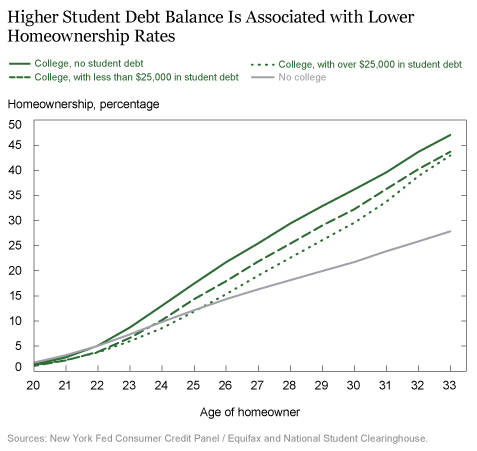Quantum Workplace recently released a study they put together on the predictors of employee turnover. Employee turnover is becoming a huge issue as the unemployment rate falls, which is expected. As your employees have more options, they’re more likely to leave.
I’ve always been a fan of Quantum’s research but this one seemed a little light. Here are their five predictors:
- Lack of job satisfaction.
- Individual needs unmet (health, wellbeing, balance)
- Poor team dynamics (Basically they hate working with the people they work with, or the team hates them, either way, they’ll be leaving)
- Misalignment (this is a hiring fit issue – you hired the wrong person for the job. Could be culture, skill set, etc.)
- Unlikely to stay (when an employee indicates they want to leave, most likely they will leave. DUH! This was actually #5! How can this be a ‘real’ indicator of turnover?!)
Okay, I’ll give them the first four reasons. Of course, those are all real reasons someone will leave. Are they the top 4? Depends on your environment. Number five is just flat out silly! “Hey, when someone tells you they’re about to leave, that’s a predictor they’re going to leave your employment.”
Really!? When I tell someone I’m hungry, guess what? That’s a predictor I’m hungry! Probably could have come up with a better number five! But, check out the study, they also give some tips and insight on how control turnover.
What are the real Turnover Predictors? Here are my Top 5:
#1 – My boss is an asshole.
#2 – I hate what I’m doing, so I’m unwilling to put up with any B.S.
#3 – I oversold myself and I will most likely fail, so I’m leaving for a new position before you fire me, so it will look like this was my position.
#4 – I’m a bit crazy (or a lot bit crazy) and my co-workers hate me, so I need to find new co-workers to creep out.
#5 – I’m telling you I’m leaving! (Ha! Just kidding!)
#5 – You’re underpaying me for what I’m doing and we both know you’re underpaying me.
Bad bosses and not paying market will kill your retention of great talent faster than anything! The crazy piece of this is I always find that organizations clearly know about both of these issues.
If you ask an organization who the worst managers are they almost always align with the highest turnover by department, location, etc. The same thing works with those being underpaid in your organization.
People will take off if the market is clearly paying more and your organization is just average. The worst part of this is most organizations will then overpay to get back average or less talent when their good talent leaves. The market always wins. Always.


